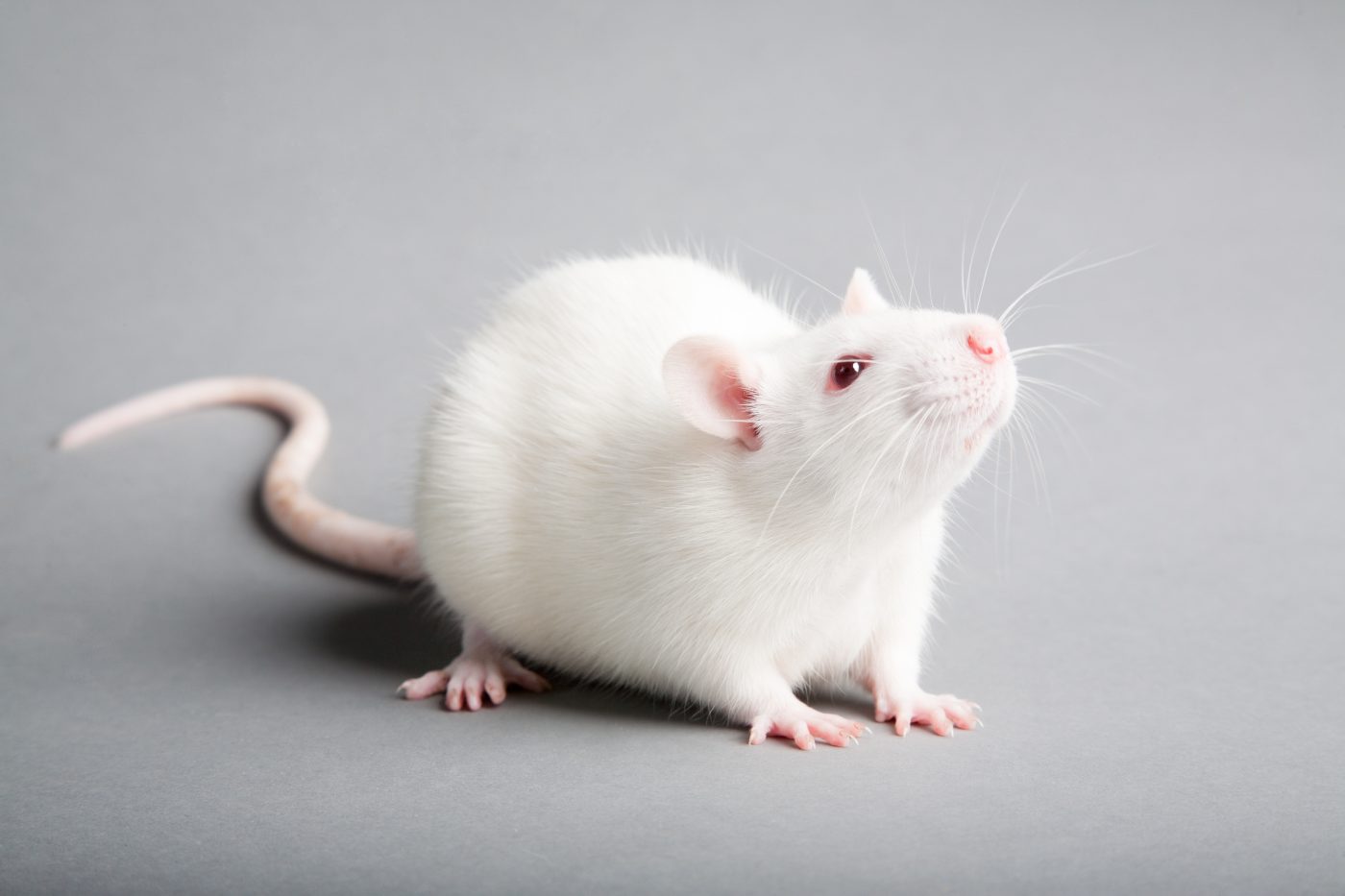Preclinical Study Will Probe Potency of Cymerus MSCs
Written by |

Cynata Therapeutics will begin a preclinical study to investigate the mechanisms underlying the high potency of its cell therapy, Cymerus mesenchymal stem cells (MSCs), in treating lung diseases such as idiopathic pulmonary fibrosis (IPF).
In an earlier study, the investigational therapy was able to strongly reduce IPF symptoms and improve lung function in a mouse model of the disease.
Data generated in the upcoming study, which will be led by Chrishan Samuel, PhD, professor at the Monash Biomedicine Discovery Institute at Monash University in Melbourne, Australia, is expected to shed light on how Cynata’s MSC products work, which will be important in gaining commercial and regulatory approval. The study, which should last about six months, is expected to start soon.
“This new study with Professor Samuel follows his earlier investigations, which confirmed the potent anti-inflammatory and anti-fibrotic effects of our Cymerus MSCs in several different studies in pre-clinical models of allergic and fibrotic diseases of the lung, such as asthma and IPF,” Kilian Kelly, PhD, chief operating officer of Cynata, said in a press release.
“Given the importance of gaining a clearer understanding of the molecular processes involved in these potentially clinically useful effects,” he added, “we believe this further study will provide important insights as we move forward in parallel with our plans for a clinical trial in IPF.”
MSCs are a class of stem cells — cells that can grow into many other cell types — found in diverse tissues, including the umbilical cord and bone marrow.
They have shown potential in treating IPF by migrating to sites of tissue damage, where they reduce inflammation and produce signaling molecules and growth factors that create cellular environments promoting tissue repair. Some of these factors can attract other stem cells.
Cymerus MSCs are a type of induced pluripotent stem cells (iPSCs). These are adult cells, often harvested from the skin or blood, that are biochemically coaxed — or induced — to revert back into a stem cell-like state, from which they may give rise to many other cell types.
One advantage over naturally-occurring MSCs is that iPSCs can be expanded indefinitely, removing the need to continually seek out stem cell donors. Cynata expects to be able to manufacture all the cells it will ever need from a single iPSC master cell bank derived from a single donor.
In addition to IPF, Cynata is investigating the therapeutic potential of its Cymerus MSCs for the treatment of other disorders, including acute respiratory distress syndrome (ARDS), sepsis (blood poisoning), and asthma.






